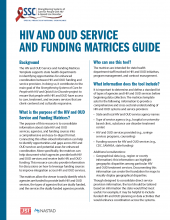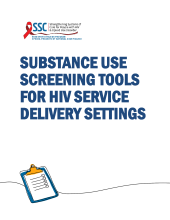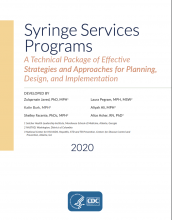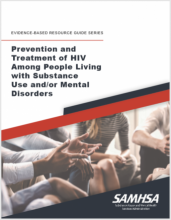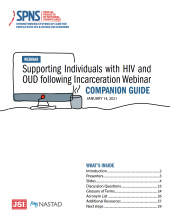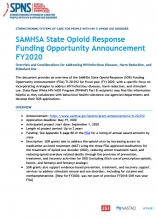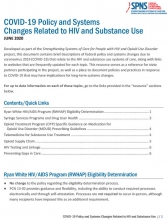
This article defines "addiction"; describes the biological, psychological, and social risk factors for and protective factors against addiction; and provides overviews of the various therapeutic and treatment options available for people experiencing addiction.

